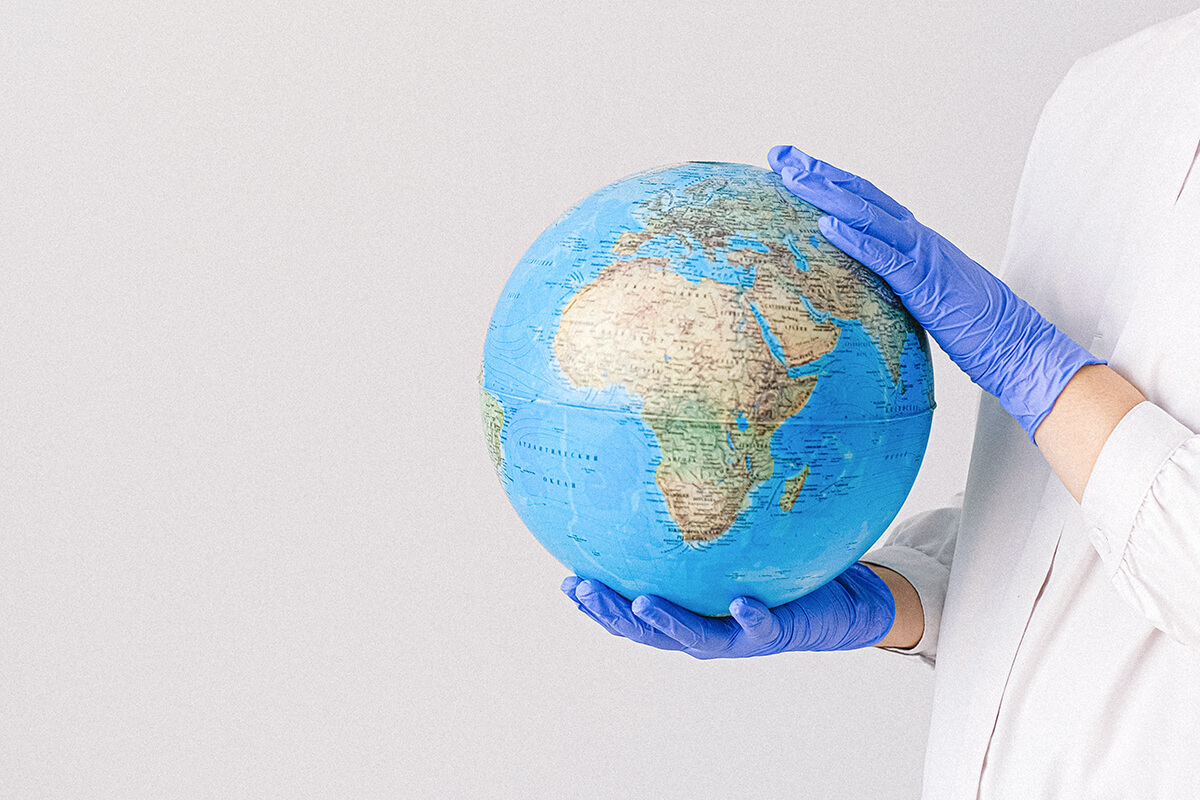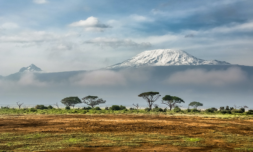The next UN climate summit will be the first to consider health issues in depth, with a meeting of global health ministers to underline the crisis’ impact on wellbeing.
Every year, global leaders join forces at the UN climate summit to discuss the most concerning issues relating to our ecological emergency.
Last November, the focus was largely on loss and damage, with world nations under immense pressure to financially support those most disproportionately impacted.
And though encouraging wealthy governments to pay compensation is no less essential this time around, COP28 will be the first to consider human health issues in depth, namely the risks posed by climate change to our wellbeing.
It comes after new research uncovering that 58% of infectious diseases (218 of the 375 we know of) have been exacerbated by the various hazards associated with environmental breakdown (wildfires, extreme precipitation, and rising sea levels to name a few), posing a significant threat to life on Earth.
It’s also estimated by the World Health Organisation (WHO) that an additional 250,000 people will die each year from 2030 to 2050 due to proliferating diseases, malnutrition and heat stress, and that this could undo the last 50 years of progress in development, global health, and poverty reduction.

For this reason, an entire day at COP28 has been dedicated to highlighting these links and to pushing tangible action that mitigates the threats at hand.
‘We will be the first Cop to dedicate a day to health and the first to host a health and climate ministerial,’ said COP28 president Sultan Al Jaber earlier today.





















